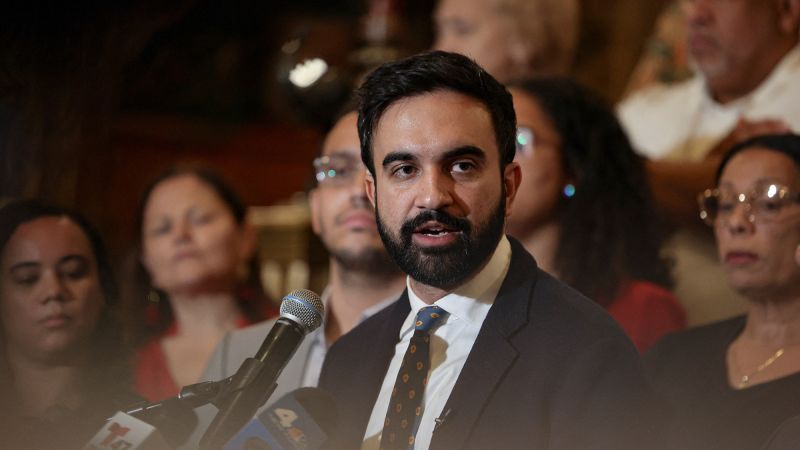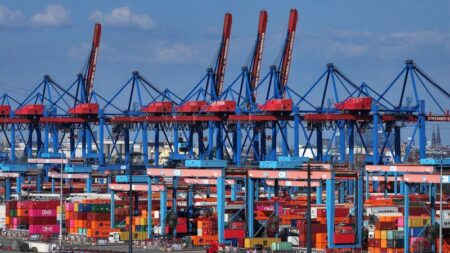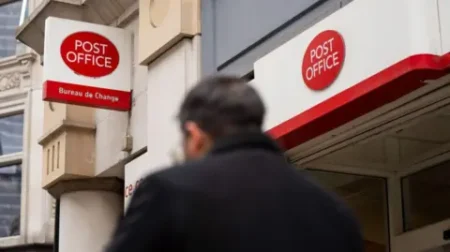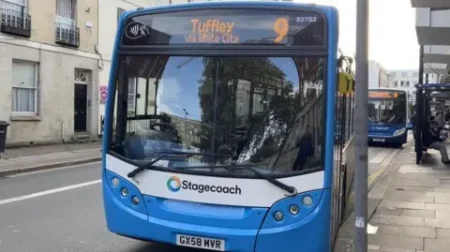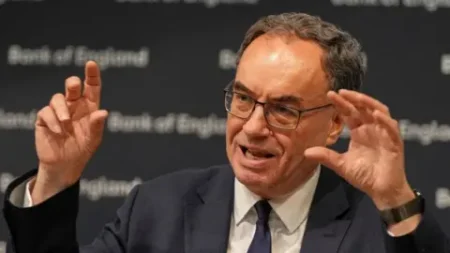The recent political landscape in New York City has shown dramatic shifts following Zohran Mamdani’s victory in the Democratic primary for mayor. This change has led to unforeseen consequences in the city’s real estate market, particularly affecting affluent clientele. Real estate broker Jay Batra has indicated an immediate impact, noting that two high-profile clients opted to postpone multimillion-dollar property purchases due to concerns regarding the political climate ushered in by Mamdani’s ascendancy. Batra remarked, “A lot of the affluent clientele and luxury buyers have become a little more cautious in their approach,” indicating a ripple effect from the election that has left potential buyers uncertain about future investments in the city.
Mamdani, a 33-year-old democratic socialist and state assemblyman from Queens, has proposed considerable changes to taxation and housing policies that are striking fear into the hearts of luxury buyers. He has suggested imposing a flat 2% tax on those earning above $1 million, coupled with initiatives to stabilize rents in rent-controlled apartments and substantial public housing developments and renovations. The shake-up in policy ideology has prompted some wealthy residents to contemplate relocating, particularly if they disagree with Mamdani’s vision for the city’s future.
Real estate professionals, including Batra, mentioned that while Mamdani’s proposals might not materialize in their entirety, the mere prospect has triggered a reflexive panic among some potential buyers. The blend of political uncertainty and potential tax hikes creates a climate where high-net-worth individuals are reassessing their commitment to New York City. The city, known for its dramatic contrasts between opulent living arrangements and the struggles of working-class residents, now faces a noteworthy challenge as rich buyers momentarily hit the brakes on their real estate decisions.
Discussion among residents in private Facebook groups, including those from the affluent Upper East Side, reflects a collective apprehension. Although such chatter often arises following political developments, the current reactions showcase an intensified level of concern, suggesting that the traditional notion of affluent New Yorkers threatening to leave may hold more weight this time around.
The real estate data presents a complex narrative. Reports from Redfin have indicated a slight dip in pending sales shortly after the primary, evidencing a change in buyer sentiment. Pending transactions fell during the week of June 29 to July 5, a noteworthy decline following Mamdani’s nomination. However, the data also reveals that fewer deals fell through during that same period when compared to earlier months marked by economic turmoil, indicating a mixed reaction to the housing market’s dynamics.
Mamdani’s housing policies arrive at a time when rental prices in New York City are already surging. Realtor.com reported a median asking rent of $3,397 in the first quarter of the year—a stark 5.6% increase from the previous year, highlighting the ongoing affordability crisis in the city. The very notion of freezing rent is causing many investors and landlords to reevaluate their business strategies. For instance, clients who once aspired to invest in rental properties are rethinking their options, wary of the implications of Mamdani’s proposals.
Frances Katzen, an agent catering to affluent clients with dwellings valued at $4 million and above, has reported an influx of calls from individuals looking to sell. The uncertainty surrounding the city’s direction influences these wealthy homeowners, prompting many to seek alternatives elsewhere—specifically, Florida, where the real estate market eagerly anticipates a new wave of relocators. Samantha Curry, a luxury sales executive, has already received inquiries from anxious clients looking to make a swift property acquisition in Palm Beach, driven by fears of potential losses in New York.
Similar sentiments are echoed across Florida, as agents prepare for another influx of New Yorkers seeking refuge from rising taxes and a changing political landscape. The Florida real estate market, which had previously witnessed substantial growth during the pandemic, is bracing for another boom—albeit tempered by soaring insurance costs and property tax increases affecting existing homeowners. The ripple effects of Mamdani’s primary victory could, therefore, extend well beyond New York City, suggesting a potential reshuffling of the Northeastern elite’s residential preferences towards the warmer southern locales.
Developers like Isaac Toledano are observing heightened interest in South Florida properties, indicating that Mamdani’s primary win has triggered a proactive stance among some New Yorkers. Their potential migration, coupled with the historic summer slowdown in Florida real estate, suggests an impending surge of transactions that may defy typical seasonal trends, ensuring that the market remains lively despite broader economic uncertainties.
In summary, the implications of Mamdani’s victory ripple through New York City’s real estate market, prompting cautious decisions among high-end buyers and fueling discussions about relocating to more favorable political environments. The evolving dynamics not only illustrate the immediate concerns of wealthy residents but also hint at larger trends that may shape real estate landscapes across state lines in the coming months. As we continue to monitor these trends, it will be crucial to assess how policies, buyer sentiments, and broader economic conditions interact to redefine the





